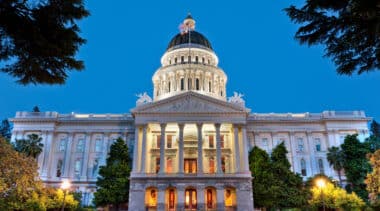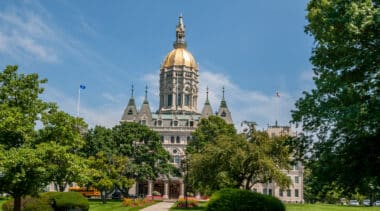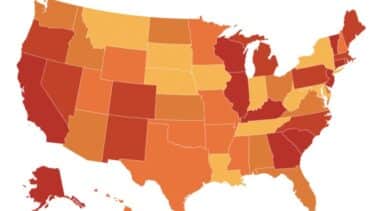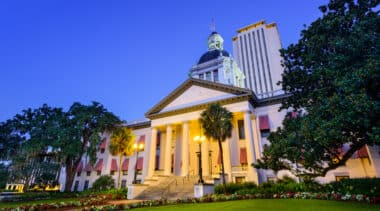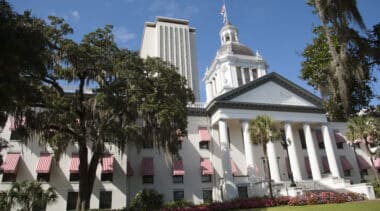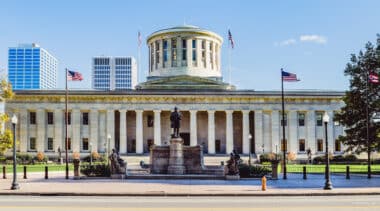-
New study details how legal psychedelic services can treat depression, anxiety
A new study has found notable improvements in mental health among participants who underwent legal, supervised sessions with psychedelics in Oregon.
-
Mandating inefficiency: Minimum lot size regulation and housing
Excessive land use restrictions are a primary contributor to the ongoing housing crisis, and minimum lot size regulations are among the most pervasive.
-
California’s state and local pension plans have over $265 billion in debt
California’s public pension plans are taking on more risk than other pension systems while generating relatively poor investment return results.
-
Interdisciplinary harm reduction: A practical guide
The goal is to identify where policies may be incongruent, such as through gaps in care, conflicting mandates, or fragmented accountability, and to design coordinated responses that reduce those harms without creating new ones.
-
Why teacher salaries are stagnant
That teachers’ wages have stagnated over two decades of growth in public school funding highlights deep structural problems in K–12 finance.
-
San Diego’s government needs more competition, not more taxes
San Diego’s rising pension costs and mounting long-term debt are creating significant budget pressures that have city officials turning to tax and fee increases.
-
The ROAD to Housing Act carries promise but risks bureaucratic expansion
While this approach may seem like a balanced first step, it raises important questions about how far federal agencies should go in shaping local decisions.
-
Why the World Health Organization’s anti-nicotine policy could keep millions smoking
If these recommendations are put in place, they could discourage millions of smokers from switching to safer alternatives.
-
What state policymakers should know about homeschoolers
For state policymakers, it is crucial to have an accurate understanding of modern homeschoolers when considering new laws or regulations.
-
State and local governments are drowning in debt
To address this mountain of debt and restore fiscal stability, state and local governments must sustainably align spending with revenues.
-
Connecticut’s pensions shouldn’t make political investment in WNBA team
Keeping the Connecticut Sun in the state may be good politics, but would be an unwise financial move that puts the state's taxpayers at risk.
-
Southern California school districts spend big, but student outcomes have barely budged
California's per student spending increased by nearly 79 percent between 2002 and 2023.
-
Legal sports betting didn’t create corruption. It exposed it.
Banning sports betting so that it falls exclusively into the hands of criminals and offshore platforms won’t eliminate corruption; it may very well worsen it.
-
Federal Trade Commission fails to convince judge that Meta monopolizes social media
In its zeal to punish Big Tech, the Federal Trade Commission stuck to a market definition that became more obsolete with every year.
-
Most public pension contributions go toward paying off debt, not funding benefits
Over 50% of the public pension contributions by state and local governments are directed toward paying off pension debt rather than to benefits themselves.
-
Florida Senate Bill 208 would strengthen property rights and improve housing affordability
Senate Bill 208 reinforces the right of property owners to determine the most productive use of their land within reasonable bounds of public safety.
-
Florida must stay the course to pay for promised pension benefits
Florida’s retirement system for public workers is estimated to be 17 years away from eliminating expensive pension debt.
-
Tracking pregnancy behind bars: Why Ohio’s House Bill 542 could save lives
A ten-year review of jail births found that, among the women who gave birth inside cells, one in four infants was stillborn or died within two weeks.


